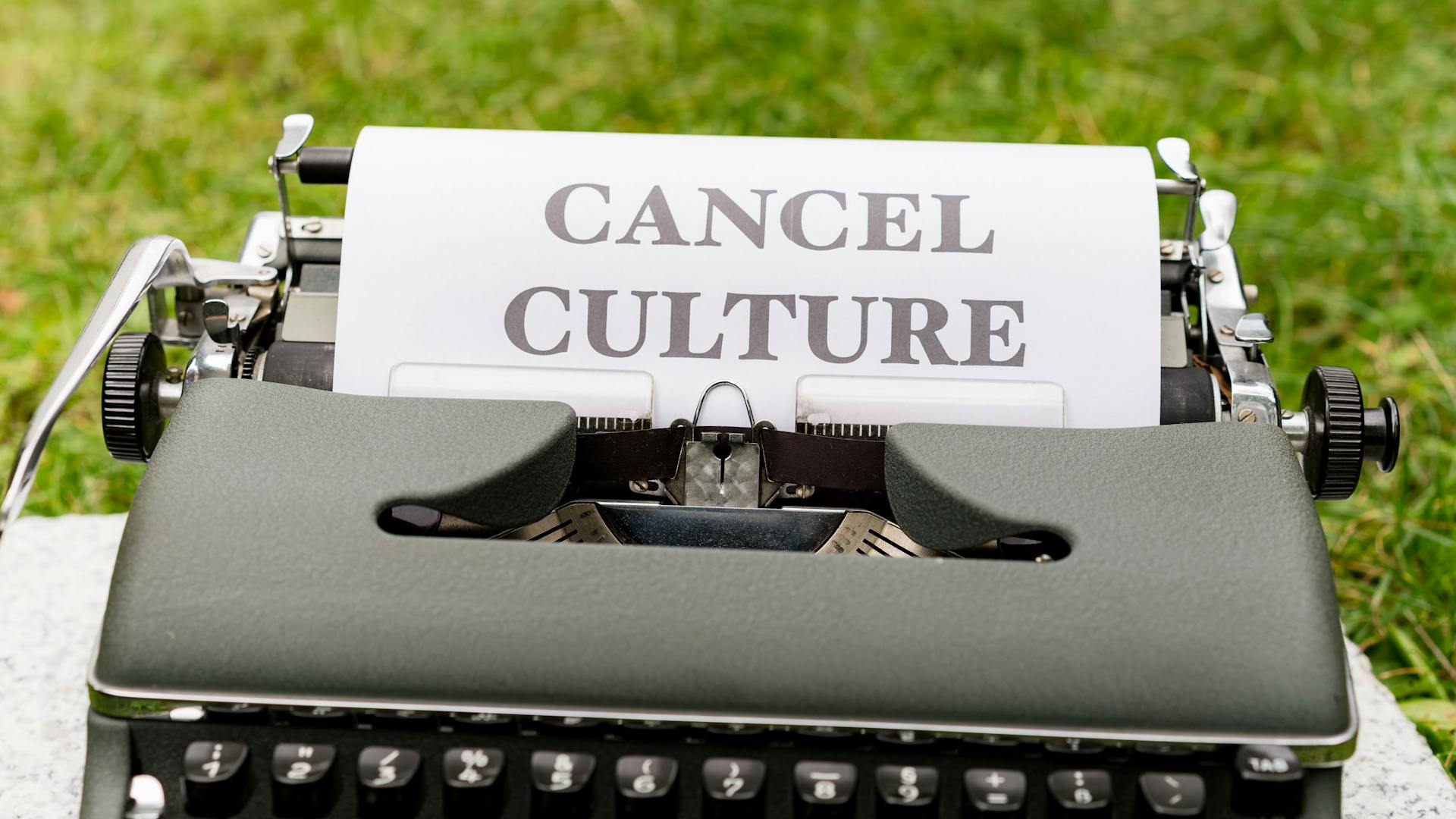Oh, how we love to find fault and use it to criticize others. And how fortunate we are to live in a time when almost nothing is private. Our quivers have a never-ending supply of arrows. However, our rush to judgment fails to consider things are rarely as simple as they appear.
A few considerations…
Relevance. Why do we condemn a social media beauty influencer who wrongly used the N-word on social media when she was 13 years old when nothing in the past ten years indicates hateful, racist views?
Guilt by association. Can you condemn me for following someone on Instagram who liked a story taking a mean-spirited position on same-sex marriage five years ago? Is following sufficient to conclude I share the same position? Am I responsible for every post of everyone followed? When I discover a five-year-old post I disagree with, am I obligated to unfollow or post a contrary response? Can I follow someone I disagree with on some subjects (our partners do)?
Bias. Do I use a history of infidelity to criticize a presidential candidate I do not like while maintaining admiration for the 42nd President who committed adultery inside the Oval Office?
Compartmentalize. Can I separate the distasteful attributes from the good ones and maintain an affinity for someone? Must I remove Kid Rock or Stevie Wonder from my playlist since they performed at the other political party’s convention?
Overwhelm Compartmentalization. Would you argue achievements such as rebuilding a country into a military and economic powerhouse and being named Time’s Man of the Year redeem the perpetrator of the Holocaust?
Easy Answer? Do you agree we should not listen to songs from a musical artist convicted of sex trafficking and child pornography? Can I listen to the songs if the royalties go to a fund compensating his victims or if I donate $10 to an organization supporting sex offense survivors? Or is it like private jet owners buying carbon offsets?
Duty to Sever. What can you conclude if you see me tapping my foot to one of the sex offender’s songs? Would you suspect acceptance or ignorance? Am I obligated to know his music catalog and install a filter on all my devices? How do I protect myself in public? Should I ask the venue beforehand if they banned his music?
The Baby with the Bathwater. What if the offender is only one piece of the cog? Do I signal support for a convicted felon sexual predator movie producer by buying a ticket to his movies? Do I need to run a background check on the whole cast and crew before attending a movie? Do I deny the remaining cast and crew a payday because of one rotten apple?
Sign of the Times. How easy is it to condemn those for something the law renders impossible today? Should the legality and social acceptability of slavery in the 1700s affect our judgment of slaveholders? Would they have acted differently if they lived 100 years later? Would I have owned slaves if I lived in the 1700s?
Do those born in the 1960s and afterward consider how the civil rights movement facilitated our more progressive views on racial equality? How should we judge the previous generations who did not benefit from our foundation (but ironically provided it)?
Do you cancel today’s enlightened blogger who made socially acceptable homophobic comments in the 1970s and 1980s or accept him because his views evolved along with society’s in the ensuing decades?
Does the younger generation realize there will be a day when their descendants may harshly judge them under an evolved standard?
________________________________________________________
Enough with the twenty questions (actually 31). Posing these questions does not mean nothing is wrong and you excuse everything. Next week, I return to the narrative form, add other perspectives, and suggest how you use the questions.

